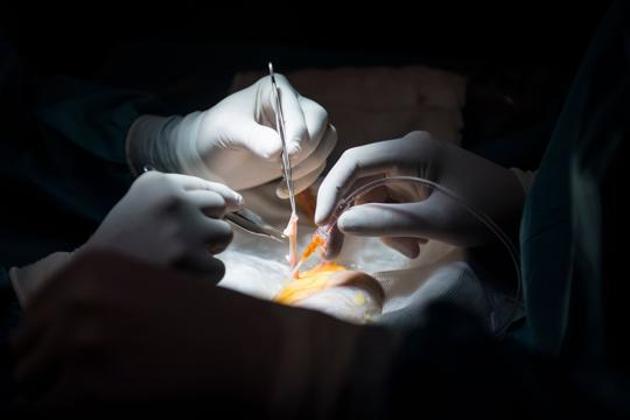In 22 years, Mumbai saw 734 kidney transplants from cadavers: ZTCC data
Panel says while city’s performance is good, there is need to create awareness
The zonal transplant coordination committee (ZTCC), a group set up in 1997, has so far helped 734 patients with end-stage kidney disease (ESKD) undergo cadaveric transplants, according to the data provided by its members, ahead of the World Kidney Day on March 14.

According to experts, Mumbai’s cadaver donation rate, 2.5 donations for every 1 million, is the highest in India. ZTCC members said 8,331 patients with end-stage kidney failure registered with them since 1997. There are 3,564 names on the waiting list as of March 6, 2019.
“In 2018, we conducted an internal assessment of patients’ survival rate and found that 90% of them had survived after a year of the procedure and were leading a healthy life. Survival rate for other organ transplants such as heart (95%) and liver (95%), too, are within the ambit of international transplantation safety standards,” said Dr SK Mathur, president of ZTCC.
Experts said the number of cadaver donations in Mumbai in the first two months of 2019 is the highest, for the same period over the past 22 years. Since January 1, 22 cadavers have been donated, enabling 23 kidney, 15 liver, one lung and six heart transplants. The National Organ & Tissue Transplant Organisation (NOTTO) helped patients from the city get organs from Pune and Chennai.
“The boost in numbers is a result of repeated counselling and encouragement meetings with all Mumbai hospitals registered for organ transplant and retrieval. The awareness programmes, too, have helped,” said Dr Mathur.
Around 3.5-4lakh ESKD cases are reported in India every year, with only 1,000 dialysis centers attending to 10% of them. “Across the country, 8,000-1,000 patients (2-3%) of the total patient pool are able to undergo transplant. Statistics suggest that only one in 30 people who need a kidney receive one and 90% of the patients die while on the waiting list. Cadaveric donations can effectively bridge that gap,” said Dr Shruti Tapiwala, consultant, nephrology and kidney transplant physician, HN Reliance Hospital.
Experts said Mumbai can easily reach the donation rate achieved by countries such as Spain (35 donations/million), Portugal (32 donations/million) or Belgium (27 donations/million). “Making cadaver donations a part of school and medical college curriculum and busting religious myths can be the primary step. Donors and their families need to be publicly hailed for their courage and contribution towards society,” said Dr Akash Shukla, vice-president, ZTCC and head of gastroenterology department, KEM Hospital.



